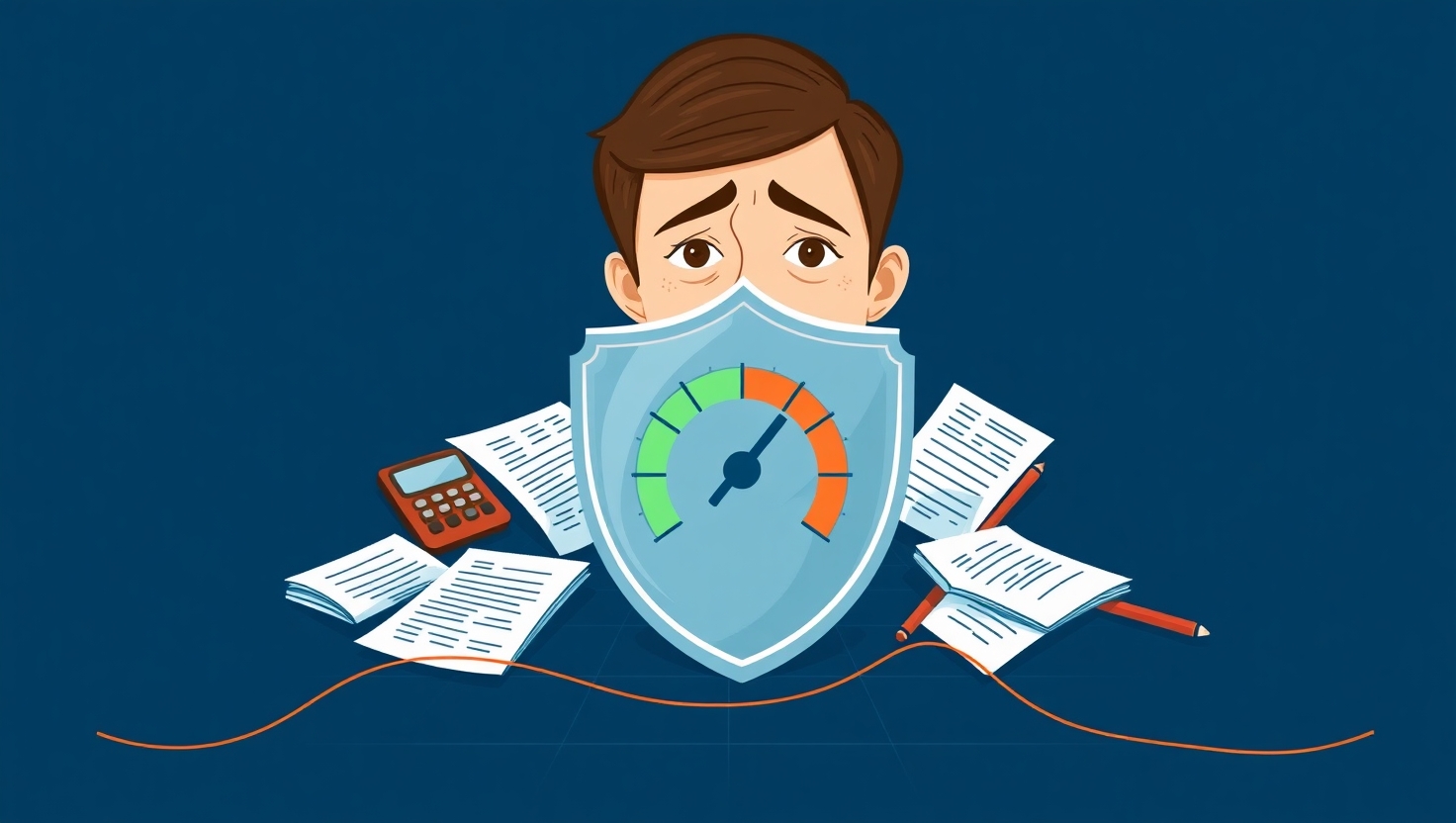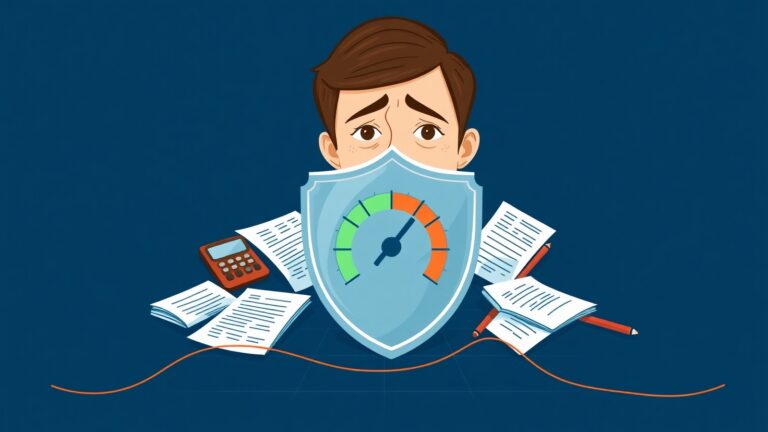How Credit Scores Affect Insurance Rates
When it comes to insurance, many factors influence the rates you’re offered—your age, driving record, location, and even your credit score. While the connection between credit and insurance might not seem obvious at first, insurers often use credit-based insurance scores to assess risk. Understanding this relationship can help you make informed decisions and potentially lower your premiums.

Why Do Insurers Check Credit Scores?
Insurance companies rely on statistical data to predict the likelihood of a policyholder filing a claim. Studies have shown that individuals with lower credit scores tend to file more claims than those with higher scores. While this doesn’t mean everyone with a lower credit score is a higher risk, insurers use this information as one of many factors to determine rates.
A credit-based insurance score is slightly different from a traditional credit score. Instead of focusing solely on debt and repayment history, it evaluates financial stability and responsibility, which insurers believe correlates with risk.
How Much Can a Credit Score Impact Your Premiums?
The effect of your credit score on insurance rates varies by company and state. Some states, like California, Hawaii, and Massachusetts, prohibit or limit the use of credit scores in setting auto insurance rates. However, in many other states, a poor credit score could lead to significantly higher premiums—sometimes by hundreds of dollars per year.
For example:
- Auto Insurance: Drivers with excellent credit may pay 20-50% less than those with poor credit.
- Homeowners Insurance: A strong credit score could save you up to 30% compared to a lower score.
Improving Your Credit for Better Rates
If your credit score is affecting your insurance costs, there are steps you can take to improve it over time:
- Pay Bills on Time – Payment history is a major factor in credit scoring. Setting up automatic payments can help avoid missed due dates.
- Reduce Credit Card Balances – High credit utilization (using too much of your available credit) can lower your score. Aim to keep balances below 30% of your limit.
- Avoid Opening Too Many New Accounts – Multiple hard inquiries in a short period can temporarily drop your score.
- Check for Errors – Mistakes on your credit report can hurt your score. Review reports from the three major bureaus (Experian, Equifax, and TransUnion) and dispute inaccuracies.
Final Thoughts
While it may feel unfair, credit scores play a significant role in insurance pricing for many people. By maintaining good financial habits, you can not only improve your credit but also secure more favorable insurance rates. If you’re concerned about how your credit is affecting your premiums, consider shopping around—different insurers weigh credit scores differently, and you may find a better deal elsewhere.
Taking small, consistent steps toward better credit health can lead to long-term savings, giving you one less thing to worry about.
